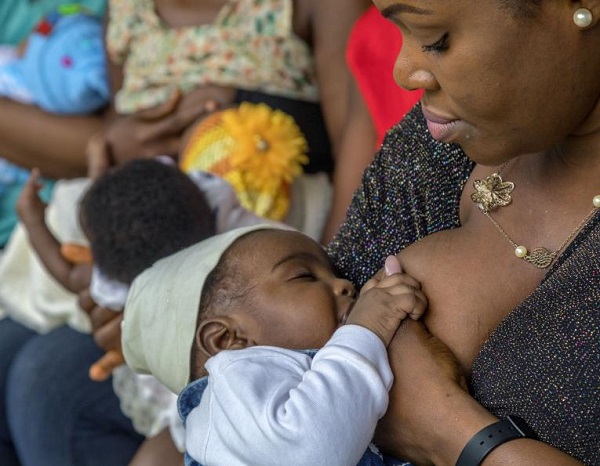
As the world observes World Health Day 2025 under the theme “Healthy Beginnings, Hopeful Futures,” Nigerian health experts are raising urgent alarms about the country’s faltering health system, which they say leaves mothers and newborns dangerously vulnerable.
In interviews with journalists on Monday in Abuja, medical professionals and policy advocates expressed deep concern over Nigeria’s persistent healthcare gaps. They highlighted failing primary healthcare (PHC) services, crumbling infrastructure and the growing trend of medical tourism as critical setbacks undermining national progress toward reducing preventable maternal and infant deaths.
World Health Day, celebrated every April 7 since the establishment of the World Health Organisation (WHO) in 1948, shines a spotlight on major global health concerns. This year’s theme draws attention to the urgent need for every mother and child to have a healthy start in life. However, for many Nigerian families, that aspiration remains painfully out of reach.
A virologist, Dr. Mustafa Lawal described the theme as both timely and telling of Nigeria’s structural healthcare deficiencies.
“How can we talk about hopeful futures when our primary health centres are underfunded, poorly equipped, and critically understaffed? In far too many rural areas, women still give birth under unsafe and unhygienic conditions,” he lamented.
Lawal also criticised the alarming rise in medical tourism, particularly among Nigeria’s political elite. According to him, this trend signals a disturbing lack of faith in the domestic healthcare system.
“It is a serious indictment when our leaders fly abroad for routine medical treatments while millions of citizens can barely access basic healthcare at home. This double standard weakens our national health security and sends the wrong message about our priorities,” he warned.
Citing a 2024 report from the Nigerian Medical Association (NMA), Lawal revealed that over 40,000 Nigerians sought medical care abroad last year, costing the country an estimated one billion dollars – resources that could have been reinvested to strengthen local health systems.
While the Federal Government has promised to upgrade thousands of PHCs through the Basic Healthcare Provision Fund (BHCPF), many experts argue that quality must take precedence over quantity.
A family physician, Dr. Zainab Yusuf stressed the importance of first fixing existing facilities before expanding further.
“We have centres without clean water, reliable electricity, or trained birth attendants. Building more centres without addressing these fundamental issues is like pouring water into a leaking basket,” she said.
Yusuf emphasised that curbing maternal and newborn deaths hinges on training skilled midwives, equipping PHCs with essential drugs and supplies, and ensuring that services are accessible to every community, regardless of geography or socioeconomic status.
She added that this year’s World Health Day theme highlights the critical need for healthcare equity, where no mother or child is left behind due to poverty or location.
Maimuna Abdullahi, a health economist and Monitoring and Evaluation Specialist with the African Health Budget Network (AHBN), echoed similar concerns. She underscored the importance of integrated healthcare systems that effectively reach both rural and underserved urban populations.
“Even with initiatives like the BHCPF and the Health Financing Policy, major barriers to universal health coverage remain entrenched. These must be addressed with urgency,” she urged.
Chairman of the National Health Insurance Authority (NHIA), Sen. Ibrahim Oloriegbe noted that the COVID-19 pandemic exposed severe gaps in Nigeria’s health preparedness and resilience.
“Universal health coverage is not a luxury – it is a fundamental necessity. Without it, millions of Nigerians will continue to suffer preventable diseases and early deaths,” he stated.
Despite these challenges, local actors are stepping up. Founder of the Lafiya Wealth Initiative, Hon. Mohammed Usman championed the role of community-driven advocacy in promoting inclusive health policies.
“Grassroots mobilisation has ensured that vulnerable and marginalised communities have a voice in health decision-making processes,” Usman said.
He called on government and stakeholders to treat World Health Day as a call to action, urging them to move beyond empty promises and commit to meaningful investments in health policies, budget allocations and political resolve.
“Achieving health for all is not just a shared vision – it is an immediate and collective responsibility,” he concluded.
As Nigeria joins the rest of the world in marking World Health Day, experts and advocates agree: the time for rhetoric is over. Tangible actions – like improving health infrastructure, training healthcare workers, and making services universally accessible – must take centre stage if mothers and newborns are to have any hope of a healthy, promising future.

